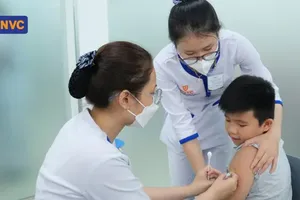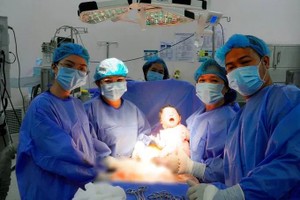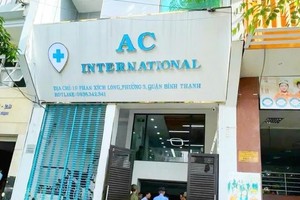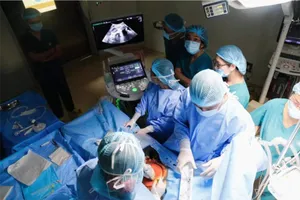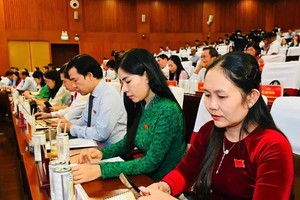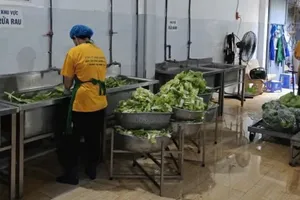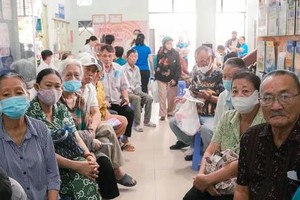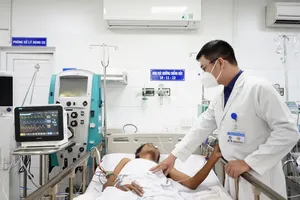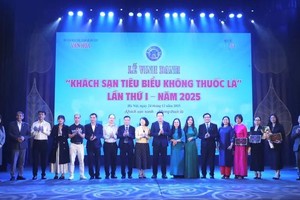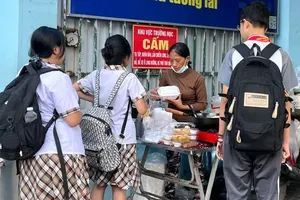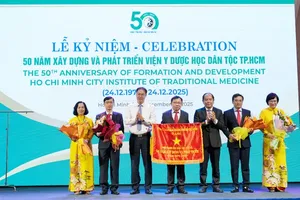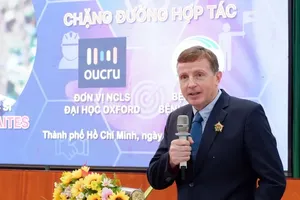Deputy Health Minister Trinh Quan Huan said the Vietnamese Ministry of Health would January 12 send an official query to the World Health Organization regarding recent accusations that pharmaceutical industries unduly influenced the WHO in exaggerating the A/H1N1 flu pandemic.
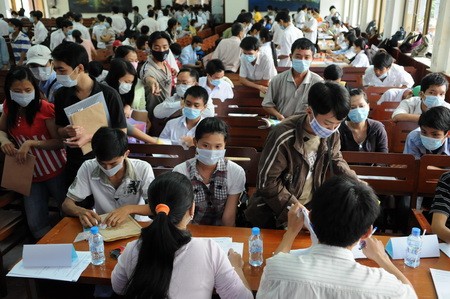
The deputy minister said Vietnam will also ask WHO for advice on how to proceed with flu prevention strategies.
The query comes following accusations from the Health Committee of the Parliamentary Assembly of the Council of Europe (PACE) that several major drug firms deliberately exaggerated the seriousness of the A/H1N1 pandemic to make enormous profits by causing panic to sell vaccines.
PACE will hold an emergency inquiry this month to discuss the issue, which PACE Health Committee Chairman Dr. Wolfgang Wodarg calls “one of the greatest medicine scandals of the century.”
Dr. Jean-Marc Olivé, WHO Representative in Vietnam, said January 11 that some of the confusions may have stemmed from the definition of “pandemic” listed on WHO's website for some months. The original definition included the phrase: "enormous amounts of cases and deaths."
But during the course of the outbreak, WHO removed the phrase so that a pandemic was defined as any virus spreading beyond borders to which people had no immunity.
Dr. Olivé said the phrase was never intended to be part of the formal definition of “pandemic” and was never part of documents sent to Member States for their preparedness work. The phrase was removed when it was brought to the WHO’s attention, Dr. Olivé said.
WHO has affirmed that it has consistently assessed the impact of the current influenza pandemic as moderate, reminding the medical community, public, and media that the overwhelming majority of patients experience only mild flu symptoms and recover fully within a week, even without any form of medical treatment.
Dr. Olivé said the WHO needs the best tools possible to protect human life – and those include vaccines and antiviral drugs. The international health body must work with pharmaceutical companies because they are the ones producing the vaccines, he said.
The WHO also requires all experts advising the organization to declare all professional and financial interests, including funding received from pharmaceutical companies, consultancies, or other forms of professional involvement with drugmakers. This information is shared with other members of the advisory group and taken into account by the WHO in determining whether the experts concerned should continue to provide advice to the organization.
According to a previous WHO press release, an increase in swine flu cases was to occur during the winter of 2009 in the northern hemisphere; however, the disease has showed a downtrend since November. In some nations, including Vietnam, fatality rates of A/H1N1 are even lower than normal flu.
Deputy Health Minister Huan said 1.2 million doses of A/H1N1 vaccine provided through the WHO have not yet arrived in Vietnam; but despite the controversy, the Ministry of Health will follow through with plans to vaccinate high-risk groups. MoH also intends to purchase more vaccines, and says three pharmaceutical firms have bid on a contract to supply it.
